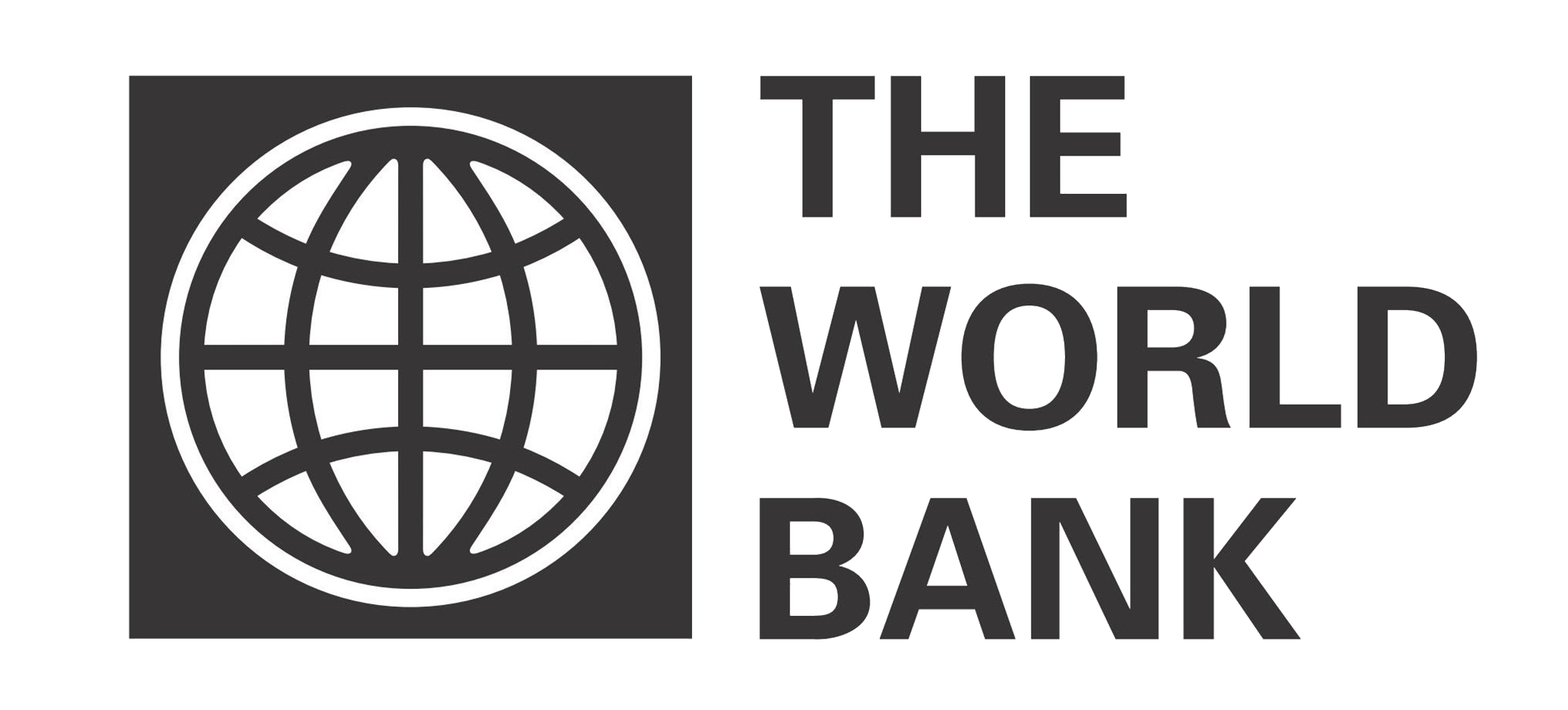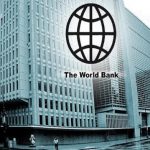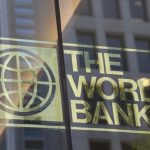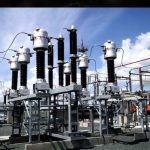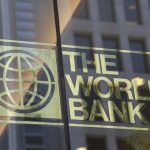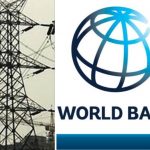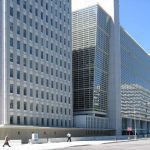The World Bank has approved a $200 million loan to Nigeria to support
the government’s effort to boost agriculture.
The loan from the International Development Association, World Bank’s low-interest arm, has a maturity of 25 years with a grace period of five years.

The bank, in a statement on Friday, said about 60,000 individuals will benefit directly from the funding, of which 35 percent are women.
Similarly, about 300,000 farming households will be affected indirectly.
Nigeria slipped into its first recession in 25 years in 2016, brought on by low prices of crude oil. It has been trying to diversify away from hydrocarbons, build infrastructure and boost agriculture.
But the World Bank, in its statement, said, “Priority value chains … will include products with potential for immediate improvement of food security, products with a potential for export and foreign currency earnings.”
The World Bank has approved a $200 million loan to Nigeria to support
the government’s effort to boost agriculture.
The loan from the International Development Association, World Bank’s low-interest arm, has a maturity of 25 years with a grace period of five years.

The bank, in a statement on Friday, said about 60,000 individuals will benefit directly from the funding, of which 35 percent are women.
Similarly, about 300,000 farming households will be affected indirectly.
Nigeria slipped into its first recession in 25 years in 2016, brought on by low prices of crude oil. It has been trying to diversify away from hydrocarbons, build infrastructure and boost agriculture.
But the World Bank, in its statement, said, “Priority value chains … will include products with potential for immediate improvement of food security, products with a potential for export and foreign currency earnings.”
The World Bank has approved a $200 million loan to Nigeria to support
the government’s effort to boost agriculture.
The loan from the International Development Association, World Bank’s low-interest arm, has a maturity of 25 years with a grace period of five years.

The bank, in a statement on Friday, said about 60,000 individuals will benefit directly from the funding, of which 35 percent are women.
Similarly, about 300,000 farming households will be affected indirectly.
Nigeria slipped into its first recession in 25 years in 2016, brought on by low prices of crude oil. It has been trying to diversify away from hydrocarbons, build infrastructure and boost agriculture.
But the World Bank, in its statement, said, “Priority value chains … will include products with potential for immediate improvement of food security, products with a potential for export and foreign currency earnings.”
The World Bank has approved a $200 million loan to Nigeria to support
the government’s effort to boost agriculture.
The loan from the International Development Association, World Bank’s low-interest arm, has a maturity of 25 years with a grace period of five years.

The bank, in a statement on Friday, said about 60,000 individuals will benefit directly from the funding, of which 35 percent are women.
Similarly, about 300,000 farming households will be affected indirectly.
Nigeria slipped into its first recession in 25 years in 2016, brought on by low prices of crude oil. It has been trying to diversify away from hydrocarbons, build infrastructure and boost agriculture.
But the World Bank, in its statement, said, “Priority value chains … will include products with potential for immediate improvement of food security, products with a potential for export and foreign currency earnings.”
The World Bank has approved a $200 million loan to Nigeria to support
the government’s effort to boost agriculture.
The loan from the International Development Association, World Bank’s low-interest arm, has a maturity of 25 years with a grace period of five years.

The bank, in a statement on Friday, said about 60,000 individuals will benefit directly from the funding, of which 35 percent are women.
Similarly, about 300,000 farming households will be affected indirectly.
Nigeria slipped into its first recession in 25 years in 2016, brought on by low prices of crude oil. It has been trying to diversify away from hydrocarbons, build infrastructure and boost agriculture.
But the World Bank, in its statement, said, “Priority value chains … will include products with potential for immediate improvement of food security, products with a potential for export and foreign currency earnings.”
The World Bank has approved a $200 million loan to Nigeria to support
the government’s effort to boost agriculture.
The loan from the International Development Association, World Bank’s low-interest arm, has a maturity of 25 years with a grace period of five years.

The bank, in a statement on Friday, said about 60,000 individuals will benefit directly from the funding, of which 35 percent are women.
Similarly, about 300,000 farming households will be affected indirectly.
Nigeria slipped into its first recession in 25 years in 2016, brought on by low prices of crude oil. It has been trying to diversify away from hydrocarbons, build infrastructure and boost agriculture.
But the World Bank, in its statement, said, “Priority value chains … will include products with potential for immediate improvement of food security, products with a potential for export and foreign currency earnings.”
The World Bank has approved a $200 million loan to Nigeria to support
the government’s effort to boost agriculture.
The loan from the International Development Association, World Bank’s low-interest arm, has a maturity of 25 years with a grace period of five years.

The bank, in a statement on Friday, said about 60,000 individuals will benefit directly from the funding, of which 35 percent are women.
Similarly, about 300,000 farming households will be affected indirectly.
Nigeria slipped into its first recession in 25 years in 2016, brought on by low prices of crude oil. It has been trying to diversify away from hydrocarbons, build infrastructure and boost agriculture.
But the World Bank, in its statement, said, “Priority value chains … will include products with potential for immediate improvement of food security, products with a potential for export and foreign currency earnings.”
The World Bank has approved a $200 million loan to Nigeria to support
the government’s effort to boost agriculture.
The loan from the International Development Association, World Bank’s low-interest arm, has a maturity of 25 years with a grace period of five years.

The bank, in a statement on Friday, said about 60,000 individuals will benefit directly from the funding, of which 35 percent are women.
Similarly, about 300,000 farming households will be affected indirectly.
Nigeria slipped into its first recession in 25 years in 2016, brought on by low prices of crude oil. It has been trying to diversify away from hydrocarbons, build infrastructure and boost agriculture.
But the World Bank, in its statement, said, “Priority value chains … will include products with potential for immediate improvement of food security, products with a potential for export and foreign currency earnings.”

